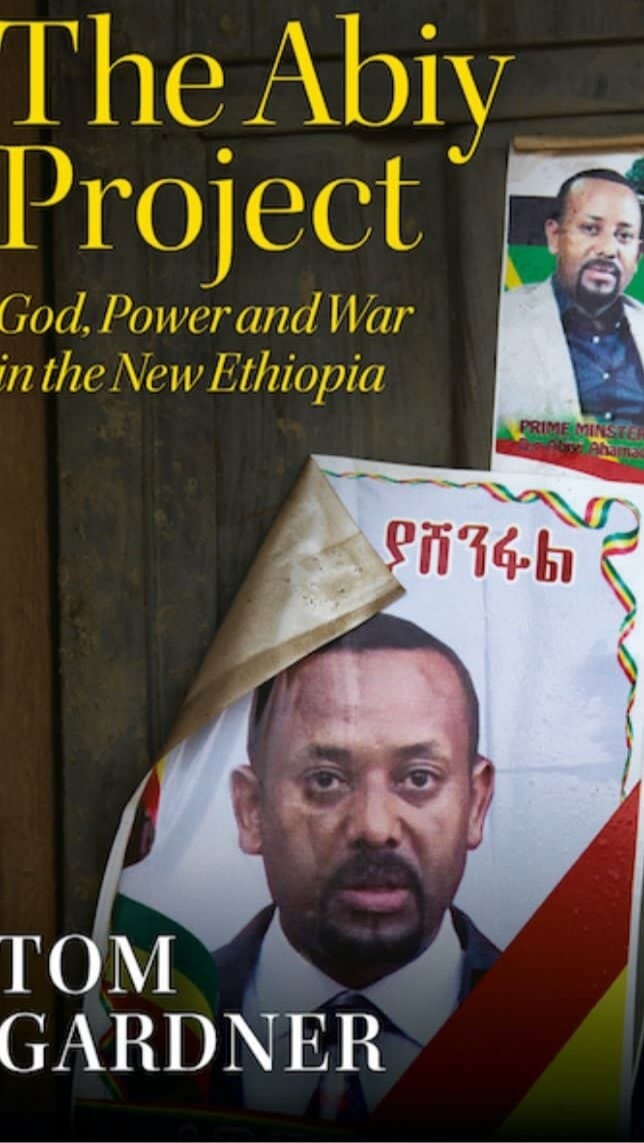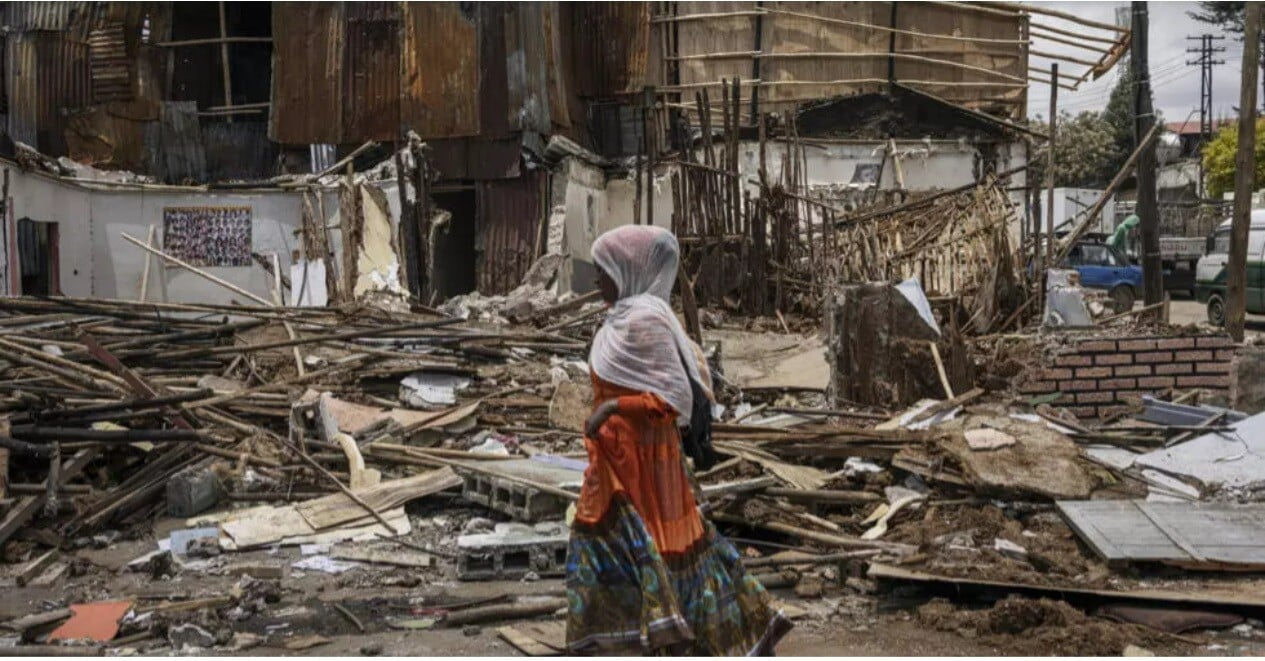 (TH)- The ongoing conflict in the Amhara region has led to a significant and tragic loss of life, with reports confirming that at least nine individuals have died as a result of military actions undertaken by the forces of Prime Minister Abiy Ahmed. This situation has raised serious concerns regarding the safety and well-being of civilians caught in the crossfire.
(TH)- The ongoing conflict in the Amhara region has led to a significant and tragic loss of life, with reports confirming that at least nine individuals have died as a result of military actions undertaken by the forces of Prime Minister Abiy Ahmed. This situation has raised serious concerns regarding the safety and well-being of civilians caught in the crossfire.
The clash between the Orommuma army, aligned with Abiy Ahmed, and the Fano militia in the troubled northwestern area has resulted in casualties primarily among civilians, according to local officials and medical sources who spoke to AFP on Wednesday. The violence erupted in the town of Debark, located approximately 750 kilometers from the capital, Addis Ababa, highlighting the ongoing instability in the region.
Reports from a hospital in Debark indicated that between nine and ten individuals were killed during the confrontations, with one of the deceased being a Fano militant. Additionally, around 35 people, predominantly civilians, were admitted for treatment. A local official later revised the death toll to at least 20, emphasizing the challenges in accurately assessing the situation due to restrictions imposed on journalists by federal authorities in Amhara.
The state of emergency in the region, which is inhabited by 23 million individuals, came to an end in June; however, the ongoing insurrection shows minimal signs of de-escalation. The situation remains volatile, with various armed groups continuing to challenge the authority of the state.
These Fanos function without a recognized central leadership, yet they have intensified their assaults on security personnel and have successfully taken control of several towns, albeit temporarily. This increase in aggression highlights the persistent instability in the area and the challenges faced by government forces in restoring order.
Ethiopia, the second most populous nation in Africa with a population of 120 million, is home to approximately 80 distinct ethnic groups, many of which have historically clashed with the central government. The conflict between federal troops and Tigrayan insurgents from 2020 to 2022 resulted in an estimated 600,000 fatalities and displaced around three million people.
Fanno engaged in combat against the Tigrayan forces of the TPLF due to their incursion into the Amhara region. The Fano militia, which had formed an alliance with the federal army to confront the Tigrayans in an effort to address longstanding territorial disputes, now perceives a sense of betrayal following the peace agreement that ultimately ended the conflict. This agreement has left them feeling disillusioned, as it did not adequately address their concerns or the grievances that had prompted their involvement.
The Tigrayan forces were accused of committing numerous atrocities during their invasion, which included the displacement of civilians, sexual violence against women, including nuns, and the looting of educational and medical facilities. Additionally, they were responsible for the destruction of places of worship, such as churches and mosques. These actions have further fueled the animosity between the Fano militia and the TPLF, as the latter’s campaign was perceived as an assault not only on territory but also on the very fabric of the Amhara community.
Fanno’s resistance was motivated by the TPLF’s threats to dismantle Ethiopia and their specific intentions to exact revenge on the Amhara people. The militia’s initial collaboration with the federal forces was rooted in a desire to protect their homeland and restore order. However, the aftermath of the conflict and the subsequent peace agreement have left them grappling with feelings of betrayal and unresolved tensions, raising questions about the future stability of the region and the potential for lasting reconciliation.
The Fano represents a historical militia in Ethiopia that was instrumental during the Italian invasion in the late 19th and early 20th centuries, especially during the First Italo-Ethiopian War from 1895 to 1896. Comprising local combatants, the Fano organized themselves to oppose Italian colonization, emerging as pivotal figures in the larger fight for Ethiopian independence and sovereignty.
Their courageous resistance played a crucial role in Ethiopia’s unexpected triumph at the Battle of Adwa in 1896, a landmark event in African history that exemplified one of the rare instances of an African nation successfully repelling European colonial forces. The legacy of the Fano is celebrated in Ethiopia, symbolizing national pride and the enduring struggle against oppression. Should you wish to explore more about their historical significance or influence, please do not hesitate to inquire.






It is true that Fanno participated in the fight of the TPLF forces of the TPLF because they invaded the Amhara region, displacing civilians, gang-raping women, including nuns, plundering schools and clinics, demolishing churches and mosques. Fanno fought the Tigrayan forces because they vowed to dismantle Ethiopia and take specific revenge against the Amhara.
It is true that Fanno felt betrayed by the government’s move to singularly disarm the Amhara that are still besieged by the TPLF’s tigrayan forces in the north, the OLF Shene forces in the west, south and east of the Amhara region.